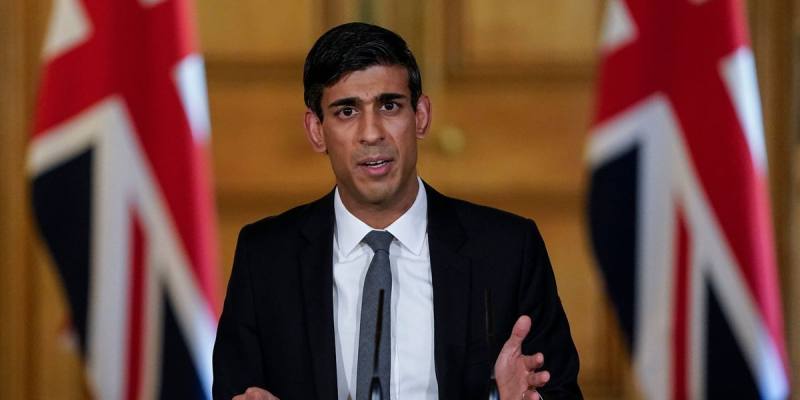


UK Finance Minister Rishi Sunak announced that the job retention scheme would be withdrawn gradually over the next 5 months, ending in October.
Taxpayers have been meeting the wage bill of 8.4 million workers since March, at a cost of around £ 14 billion a month. The plan is aimed at preventing mass layoffs, as quarantine restrictions have led to the closure of a large section of the economy. Under the scheme, which is used by 1 million firms, employees have been receiving 80% of their normal wages, up to a maximum of £ 2,500 a month, according to information published this week. Sunak said that from August, firms will have to pay employer national insurance and pension contributions for the staff they continue to keep on furlough. In addition, they will have to pay 10% of their wages in September. This will rise to 20% in October. Sunak said, “We stood behind Britain’s businesses and workers. Now, as we begin to reopen our country and kickstart our economy, these schemes will adjust to ensure those who are able to work can do so, while remaining among the most generous in the world,” The Guardian reported.